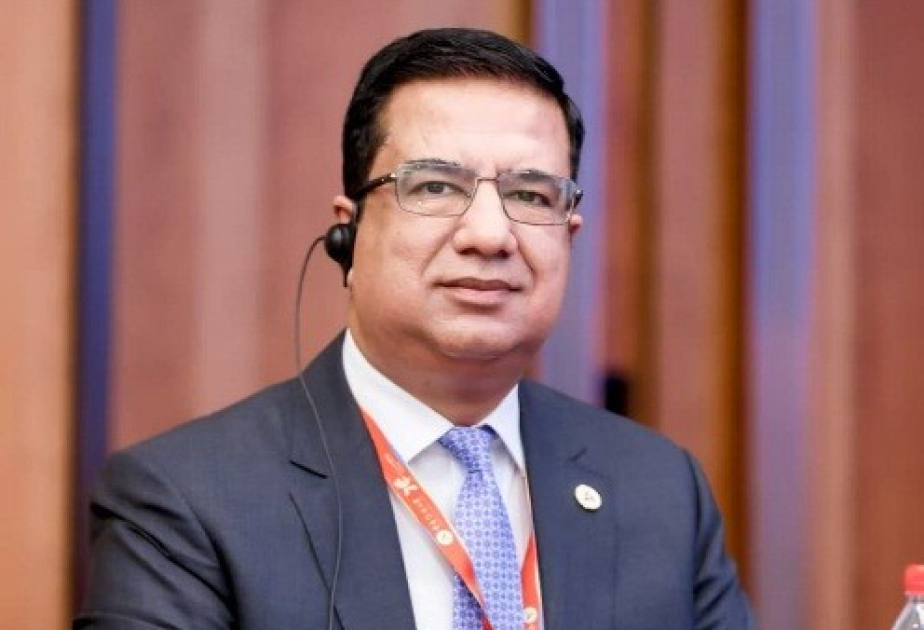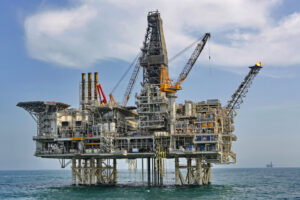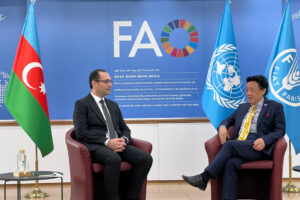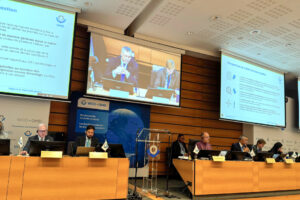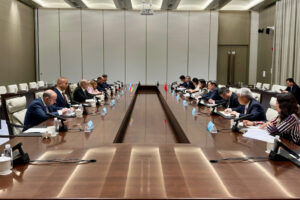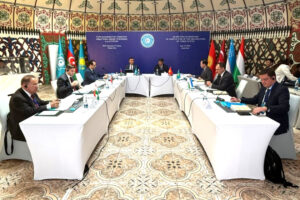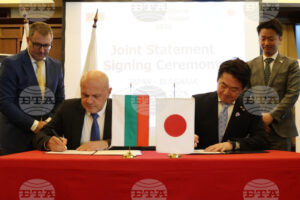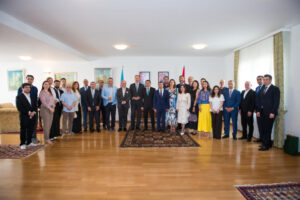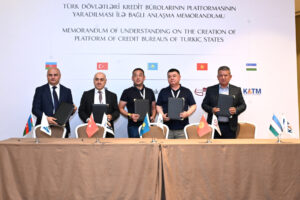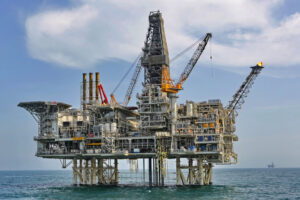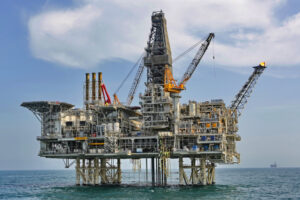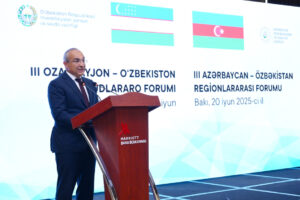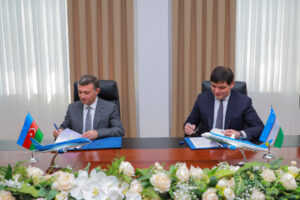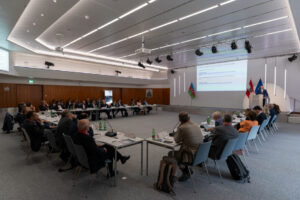Tokyo, 02 July, /AJMEDIA/
Azerbaijan has rapidly emerged as a key global player in the energy sector, not just as a hydrocarbon powerhouse but as a dynamic advocate for energy diversification and sustainability. The country’s strategic vision is reflected in the rising international prestige of initiatives such as Baku Energy Week, a national brand that has transformed into a globally recognized energy forum. This event symbolizes the country’s energy initiatives and forward-thinking leadership by fostering energy diplomacy, building strategic partnerships, and positioning Azerbaijan prominently on the global energy map.
Over the years, Baku Energy Week has grown to address a broad spectrum of energy issues, from conventional oil and gas to renewable technologies and green transitions, by shaping new approaches, establishing global dialogues, and advancing shared energy goals. As Azerbaijan strengthens its energy security, diversifies supply chains, and transitions toward green energy, its credibility as a reliable global partner continues to rise. The event’s scale and international reach, featuring over 80 countries, underscore the nation’s central role in global energy cooperation. A particularly ambitious and visionary aspect of Azerbaijan’s strategy involves the development of territories liberated from occupation into green energy zones. Such efforts reflect both an ecological responsibility and a deep commitment to sustainable progress. As Azerbaijan transforms these regions, it simultaneously promotes environmental recovery and innovation-led growth, showing the world how post-conflict reconstruction can align with clean energy leadership.
Under the visionary leadership of President Ilham Aliyev, Azerbaijan has elevated its energy sector to unprecedented heights. Building on the foundational policies of national leader Heydar Aliyev, the country transitioned from energy vulnerability to becoming a net exporter of electricity and hydrocarbons. Projects such as the “Azərbaycan” Thermal Power Station (TPS) in Mingechevir were critical in stabilizing energy supply during the early years of independence. President Aliyev’s reforms modernized aging infrastructure and diversified Azerbaijan’s energy portfolio. With over two decades of consistent investment in generation capacity and grid modernization, Azerbaijan today commands respect not just for its oil wealth, but for its strategic foresight in embracing global decarbonization trends.
Embracing the Green Transition
Azerbaijan has strategically integrated environmental priorities into its energy planning. In alignment with the Paris Agreement, the country has pledged to reduce its greenhouse gas emissions. Collaborations with international partners like the UAE’s Masdar and Australia’s Fortescue Future Industries (FFI) aim to develop solar, wind, and green hydrogen projects. One of Azerbaijan’s most promising green ventures is its offshore wind development in the Caspian Sea. A new roadmap jointly developed by the Ministry of Energy, World Bank, and International Finance Corporation (IFC) indicates that Azerbaijan could install up to 7 GW of offshore wind capacity by 2040. With the “right long-term vision,” this project could position Azerbaijan as a regional leader in offshore wind energy. Estimates show that Azerbaijan holds potential for 135 GW of onshore and 157 GW of offshore wind power. Such resources, if harnessed sustainably, could dramatically shift the country’s energy composition and support de-carbonization goals while driving regional energy cooperation.
Azerbaijan is also leveraging public-private partnerships (PPPs) and international financial assistance to achieve its renewable energy goals, with the European Bank for Reconstruction and Development (EBRD) committing around $50 million to upgrade public buildings with energy-efficient technologies, enhancing insulation, installing efficient windows, and modernizing heating and cooling systems. Similarly, the Asian Development Bank (ADB) has extended over $4.2 billion in support for infrastructure development and private-sector-led green growth.
These efforts are transforming Azerbaijan’s urban and institutional infrastructure while reducing energy consumption and carbon emissions. Through modernizing public buildings and introducing sustainable construction standards, the government is laying the foundation for a greener, more efficient built environment. The modernization of Azerbaijan’s transport system is another key area of green reform. Azerbaijan Railways CJSC is transitioning major rail corridors to alternating current, installing solar panels in depots, and improving energy efficiency by up to 30%. Simultaneously, hybrid and electric vehicles (EVs) are being promoted through tax incentives, reduced import duties, and the development of charging infrastructure. Currently, Azerbaijan has about 4,000 EVs and 87 charging stations, with plans to expand significantly. These efforts, along with investments in renewable energy-powered charging stations, contribute to reducing air pollution and promoting sustainable urban mobility.
Green Energy Zones
Azerbaijan’s establishment of green energy zones in newly liberated territories serves as a symbol of national resilience and a showcase of modern sustainability practices. These zones will not only generate clean electricity but will also promote regional development, facilitate energy exports, and foster innovation. Addressing the Baku Energy Forum in June 2025, Azerbaijan Energy Minister Parviz Shahbazov emphasized the country’s regional leadership in climate action and renewable energy integration. Azerbaijan aims to generate over 2 GW of renewable energy by 2027 and expand capacity to over 8 GW by 2030. These figures represent a tripling and quadrupling, respectively, of current capacities, highlighting Azerbaijan’s ambition to make renewables 33% of its total installed electricity capacity, three years ahead of schedule. This renewable energy surplus is also poised to benefit neighboring countries and the European energy grid. Azerbaijan is positioning itself as a vital energy bridge between East and West, supplying not just fossil fuels but clean, sustainable power to help achieve broader climate objectives.
President Ilham Aliyev’s Vision 2030 outlines a future where Azerbaijan emerges as the “energy heart of Eurasia” not solely by exporting hydrocarbons but by leading in clean, reliable, and diversified energy, which aligns closely with the United Nations Sustainable Development Goals (SDGs) and focuses on decarbonization, climate resilience, and socio-economic inclusivity.
Azerbaijan’s diversified energy strategy is more than just a technical achievement; it is a testament to national vision, global responsibility, and environmental stewardship. From fossil fuel exports to offshore wind, from retrofitting buildings to greening liberated territories, the country has laid a solid foundation for a sustainable future. Azerbaijan is redefining its energy identity and contributing to global energy security by combining tradition with innovation. Its commitment to clean development, regional cooperation, and climate goals places it at the forefront of the global green energy transition.
Mr. Khalid Taimur Akram, Executive Director, Pakistan Research Center for a Community with Shared Future (PRCCSF), Islamabad

